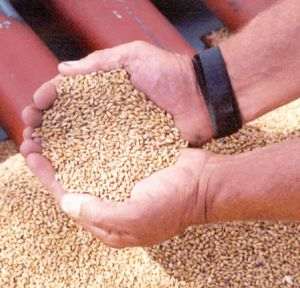Nature continues to amaze with how it manages to regulate certain processes. Greenland absorbs more methane - a powerful greenhouse gas that accelerates climate warming - than it emits, according to a study conducted by the University of Copenhagen and published in the journal Nature Communication Earth & Environment. "On average, after 2000, the dry areas of Greenland's ice-free side consumed more than 65,000 tons of methane per year from the atmosphere, while 9,000 tons of methane were released each year from its wetlands," stated the researchers from the Danish university. These results are encouraging, as methane, the second contributor to global climate warming after CO2, is particularly harmful to the environment. Methane is responsible for the approximately 30% increase in temperatures since the industrial revolution, according to the United Nations (UN). For the researchers, the Greenland phenomenon "can be explained, on the one hand, by the expansion of dry areas in Greenland, where methane from the atmosphere is consumed in the upper layers of the soil, and, on the other hand, by the fact that the ice-free areas of Greenland they became like this only after the last glacial period". "This means that they never stored much carbon, which could lead to significant methane emissions, as can be measured in other areas of the Arctic," explained geologist Bo Elberling, the study's coordinator, in a statement. In Greenland, the absorption of methane became possible thanks to a unique group of microorganisms in the upper layer of the arctic soil, which feed on the methane entering the soil from the atmosphere and transform it into carbon dioxide, the effect of which is less harmful to the climate . Considered by the study team to be "good news for the climate", this knowledge could be useful for developing climate models. It remains to be seen whether the results apply to the rest of the Arctic, a region considered a "climate time bomb". "The conclusion is not that Greenland will have an impact on the total amount of global atmospheric methane or that it will be decisive for the methane budgets in the Arctic", emphasized the Danish researchers. "The absorption of methane in Greenland is simply too small compared to other known sources of methane," such as Siberia, they added.
Methane lasts 12 years in the atmosphere, compared to the centuries of carbon dioxide, but has a greenhouse effect 25 times stronger than CO2.



















































